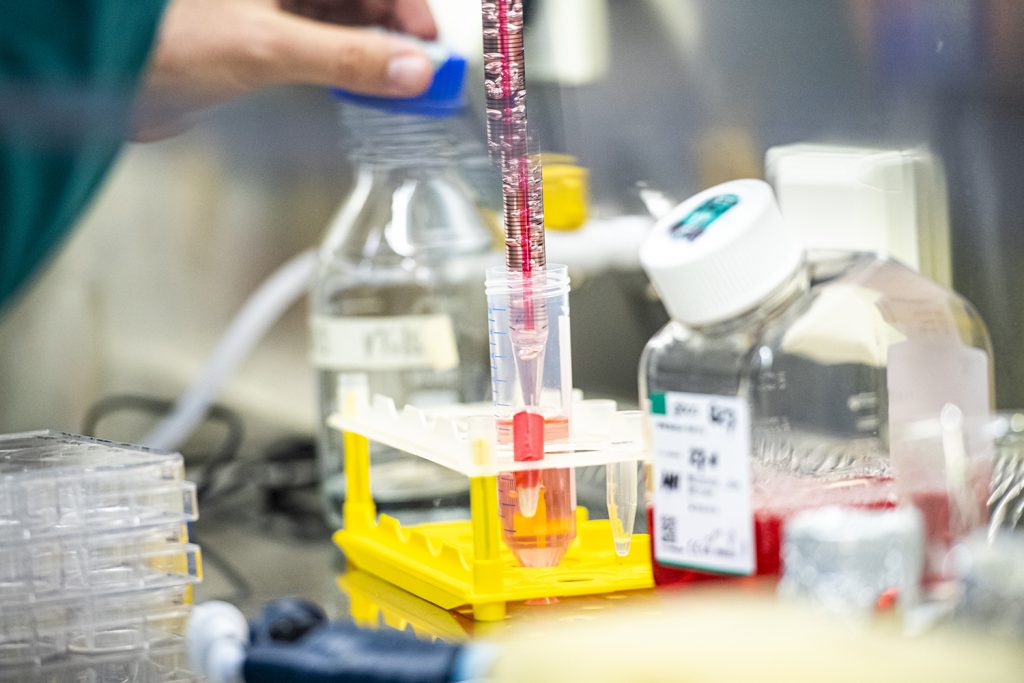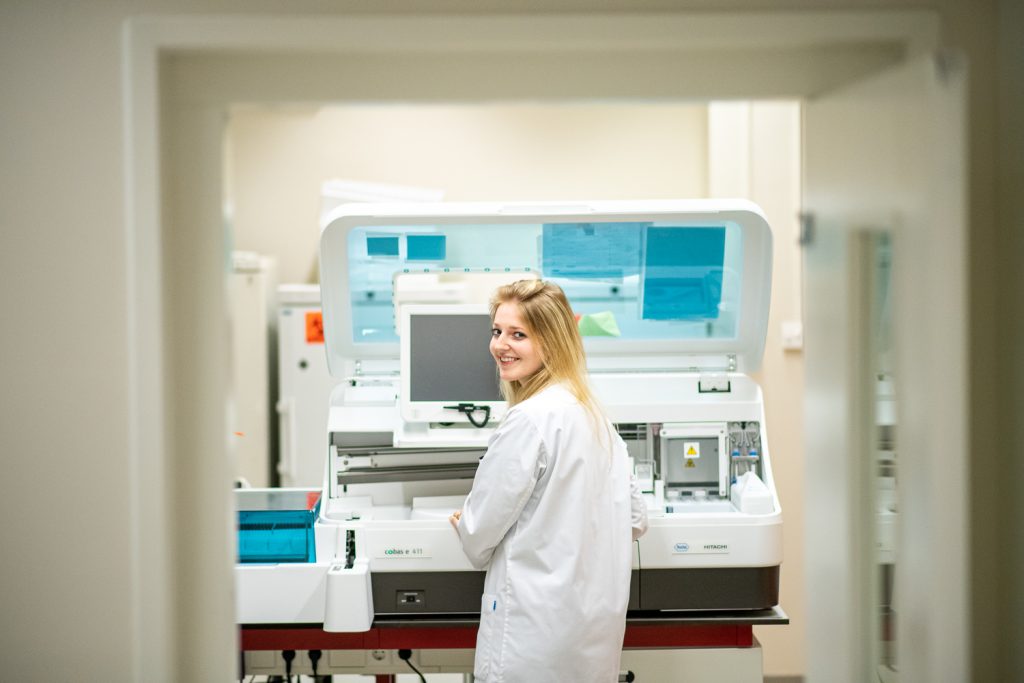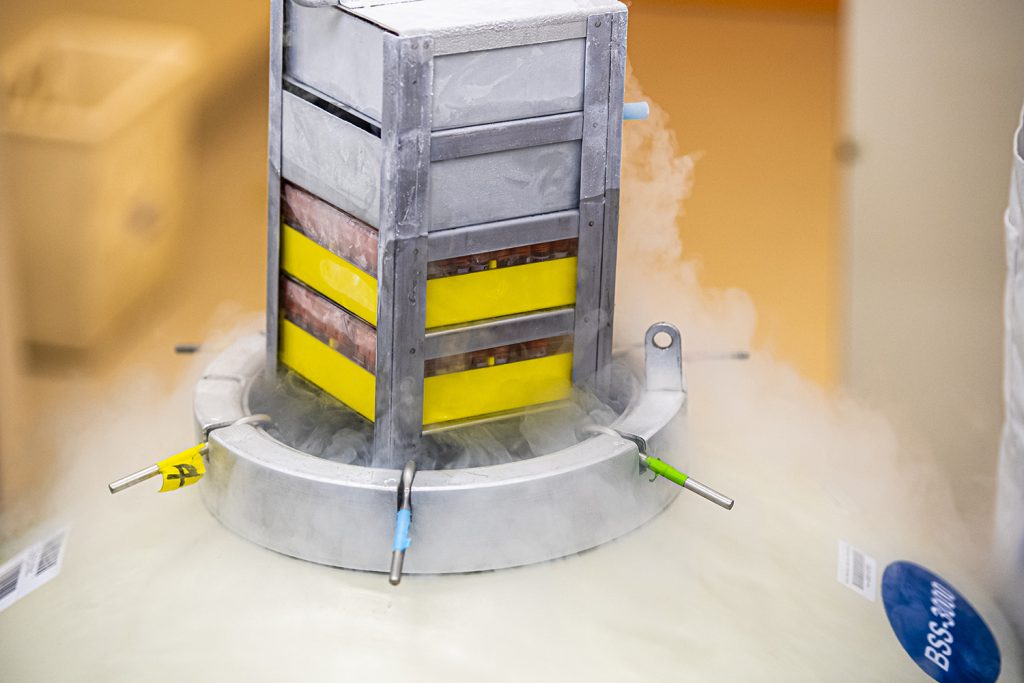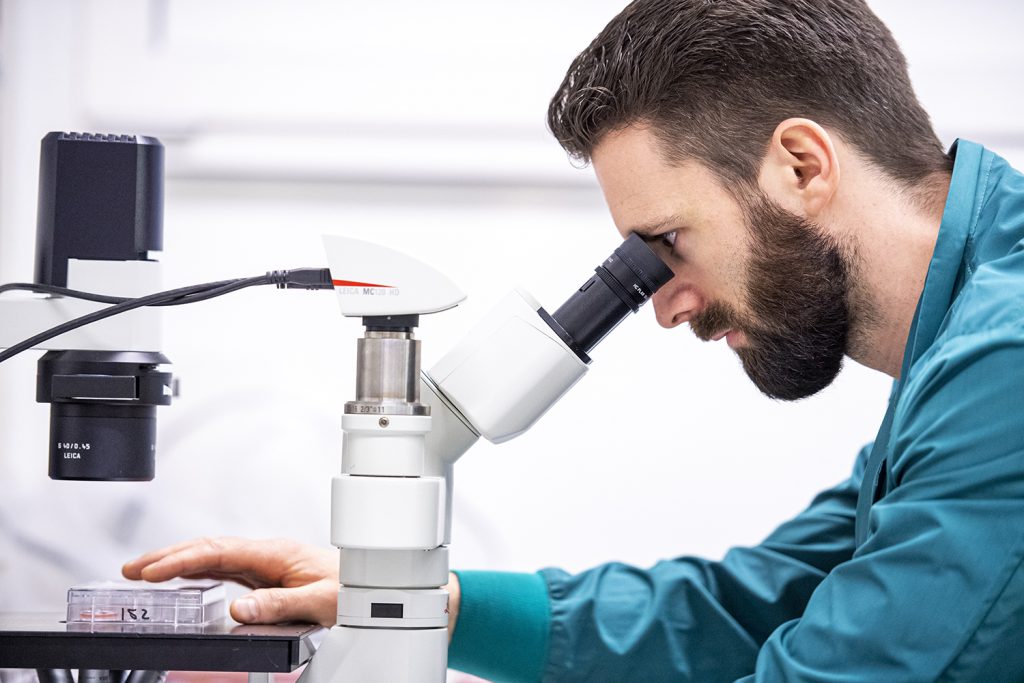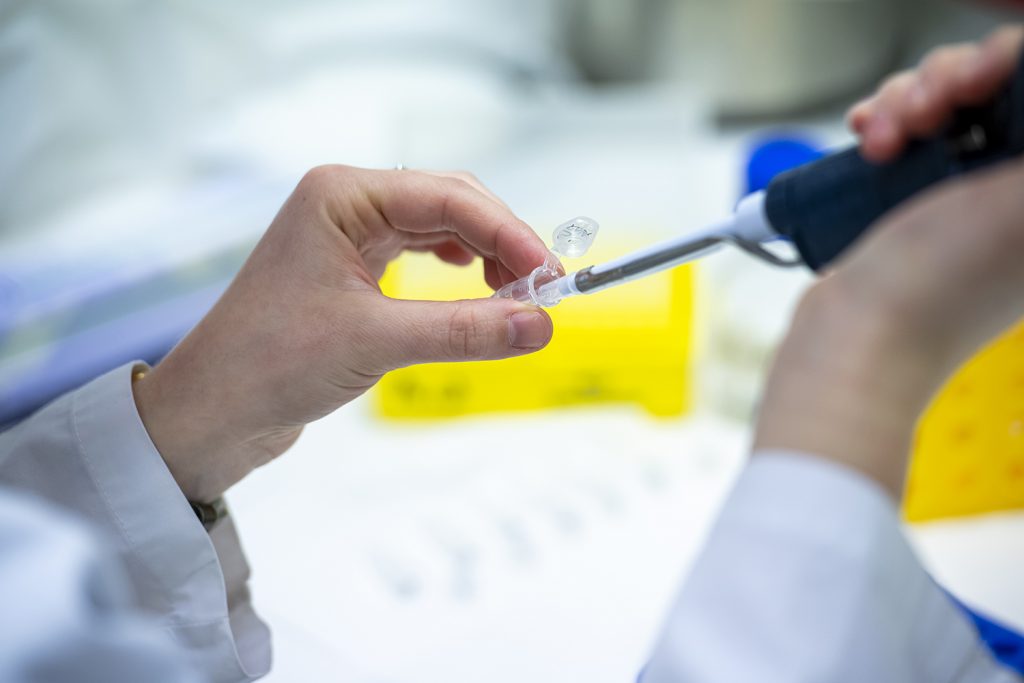
Experimental Cardiology provides a pivotal and vital connection between preclinical and clinical research.
Experimental and Translational Cardiology Research
We perform state of the art preclinical research with the aim to explore the pathological processes that underlie cardiac disease and to identify strategies to prevent and target cardiac syndromes. Our main focus is pathological cardiac remodeling, which can culminate into heart failure, a condition that is associated with high morbidity and mortality. Amongst others we use genetic animal models, induced human pluripotent stem cells and patient material.
Team
The division employs professors, post-doctoral fellows, PhD candidates, and technicians. Prof. Rudolf de Boer, cardiologist, is the chairman of this division and dr. Herman Silljé is directing the research in the preclinal cardiology laboratory. Several principal investigators have their respective research lines in the experimental cardiology.
Current projects
We have several projects ongoing, here we will highlight two of them.
Cardio-oncology
Patients with cancer often develop heart disease, but our group has recently shown that heart failure also predisposes to cancer development. The European research Council (ERC) funded our work with 2 Million euros to further study this unexplored and intriguing relationship. We collaborate with expert in oncology, chemistry and cardiology in a concerted effort.
Cardiac Metabolism
The hearts’ response to injury is summarized with the term cardiac remodeling. One of the most interesting and profound change is in cardiac metabolism. We have studied several components of cardiac metabolism in the last years, and have published on several metabolic factors such as Liver X receptors, mitochondrial remodeling and the effects of oral anti-diabetic drugs on the heart muscle. We make use of several state-of-the-art methodology, such as a Sea Horse analyzer and a micro-PET scanner.
For an overview of achieved results please see our publication output on the specific project pages or the pages of Principle Investigators Rudolf de Boer and Herman Silljé.
“All clinical and epidemiological cardiology researchers are situated under the same roof, ensuring close interaction between all researchers within our department”.
Work with us
The experimental cardiology offers a strong environment in which initiative, curiosity, hard work, fun, and team play are central denominators. We are embedded in the European Heart Failure network, and are combining experimental and clinical work, which results in exciting translational science. We are always looking for enthusiastic researchers, who can work both independently and in a multidisciplinary environment.
Vacancies for graduate students, Ph.D. students and Postdocs are often posted. You can find them here.
